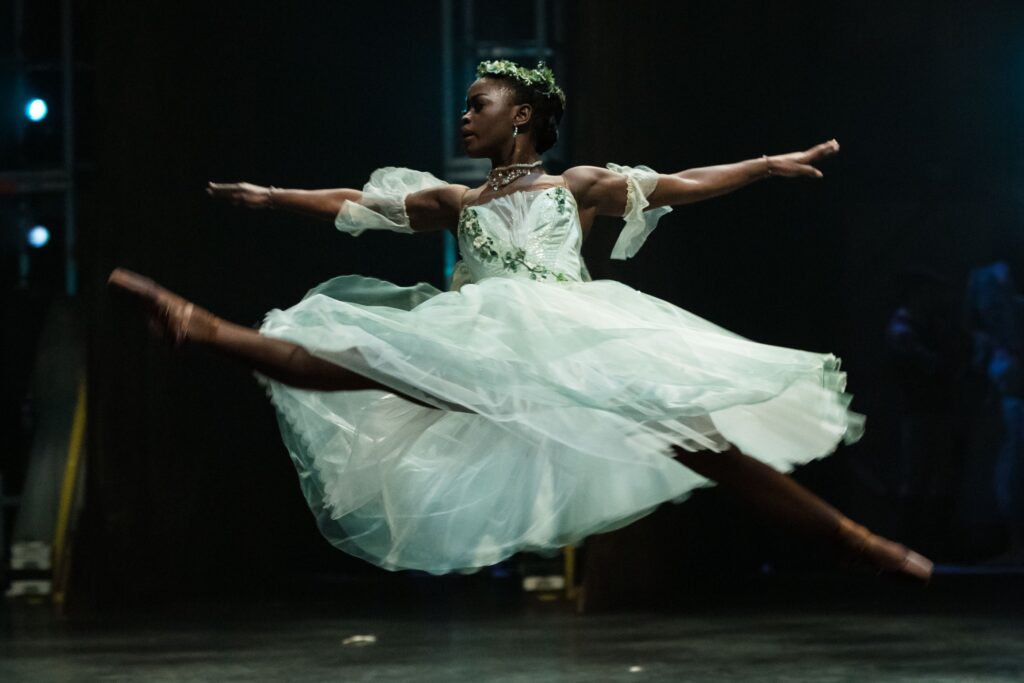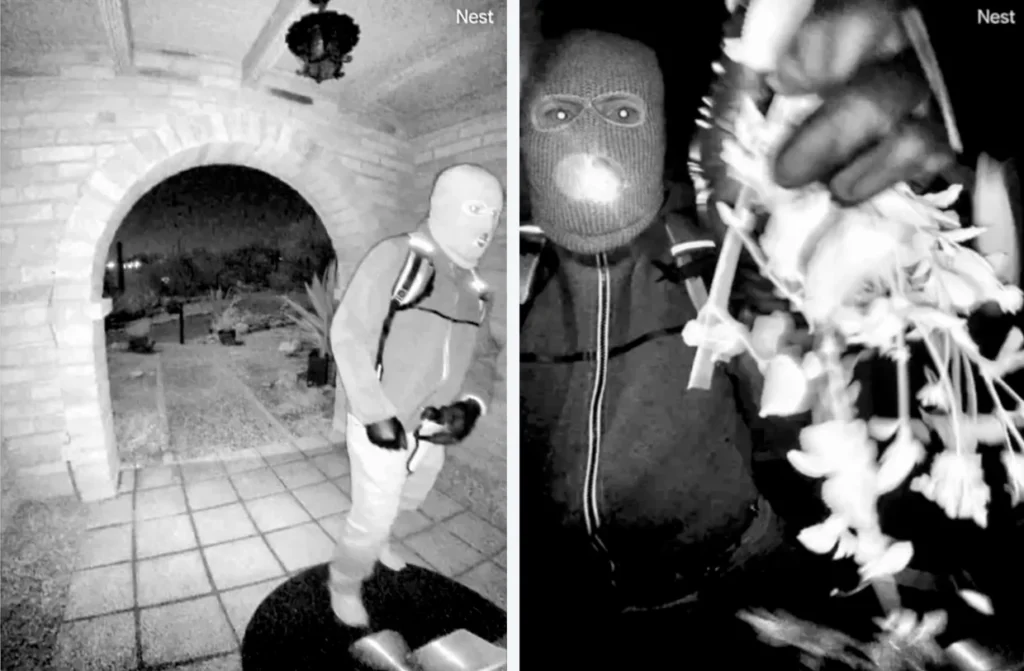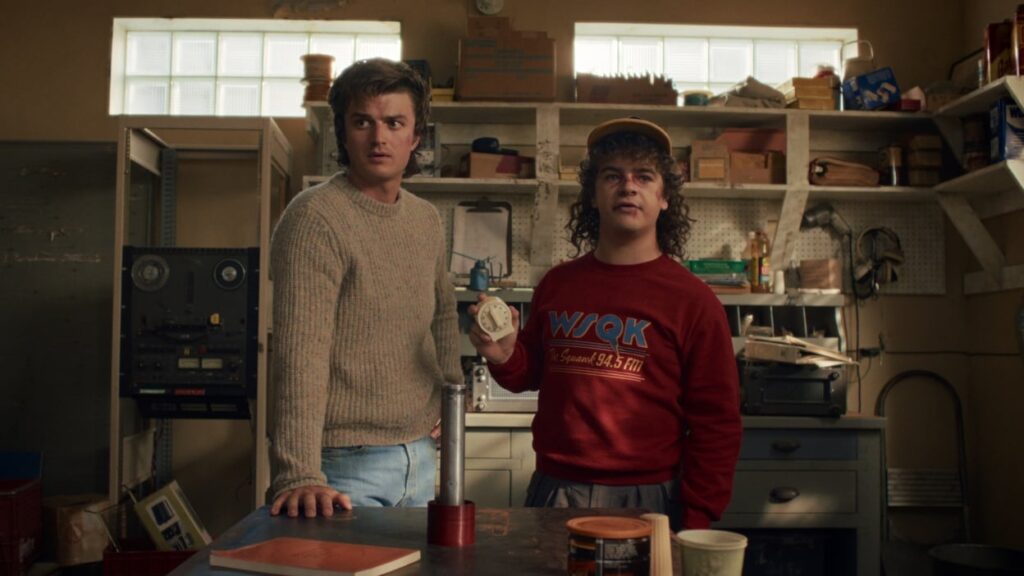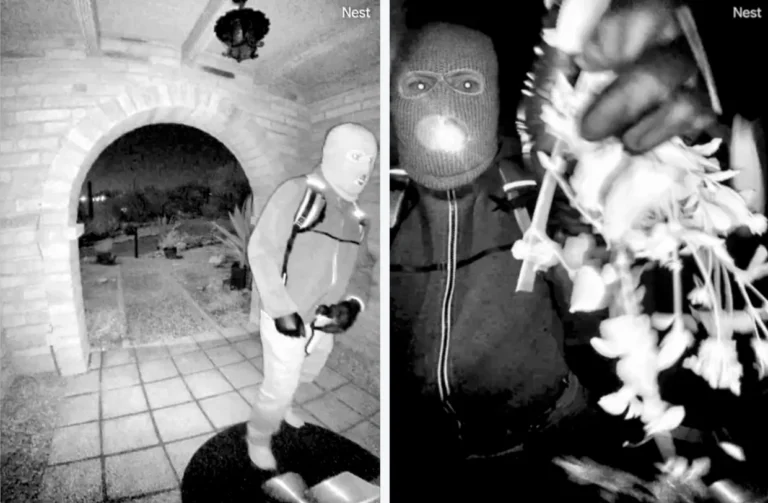Michaela Mabinty DePrince, Trailblazing ballerina, an iconic figure whose influence reshaped the arena of ballet, has exceeded at the age of 29, as shared in a solemn declaration through her Instagram page on Friday. The cause of her passing has not yet been disclosed.
“Her existence has become a tapestry woven with beauty, solve, and unyielding energy,” the assertion examines. “Her unwavering devotion to her art, her humanitarian endeavors, and the resilience she tested in surmounting formidable challenges will always inspire us. She radiated as a beacon of desire, embodying the triumph of beauty and greatness even amid the harshest of adversities.”

Heartfelt Statement Related To Mabinty DePrince:
In the wake of the tragic information, Mabinty DePrince’s circle of relatives issued a heartfelt statement.
“I stay in a country of profound disbelief and sorrow. My dearest sister is now not with us,” wrote Mia DePrince. “From the very inception of our journey in Africa, wherein we shared a mat in the orphanage, Michaela (Mabinty) and I could craft our personal theatrical productions, appearing them with unbounded creativity. We choreographed our very own ballets… Upon our adoption, our mother and father nurtured these desires, reworking her into the exquisitely robust ballerina that the sector got here to recognize. She turned into a long-lasting idea.”
Born as Mabinty Bangura in Sierra Leone, Mabinty DePrince located herself in an orphanage at the smooth age of 3 after dropping each dad and mom to the ravages of the USA’s civil strife. It was within those orphanage walls that she confronted mistreatment and malnutrition, as she recounted to the Associated Press in 2012.
“I misplaced each of my parents, and I stayed in the orphanage for about a year, where I wasn’t treated nicely due to my disability,” she shared. “We were assigned numbers, and I was ranked quantity 27—the least favored. As such, I acquired the smallest portions of food, the fewest clothes, and the least care.”
When the orphanage faced the chance of being bombed, Prince mentioned the harrowing adventure she undertook, taking walks barefoot for miles to reach a refugee camp. Her adoptive mom, who encountered Mabinty DePrince and two other ladies, together with Mia, in Ghana in 1999, defined Michaela as “frail and traumatized by way of conflict,” fighting ailments consisting of tonsillitis, fever, and mononucleosis. She became just four years old while she turned into delivered to the United States.
Her passion for ballet ignited throughout her adolescents in Sierra Leone while she glimpsed a picture of a ballerina. Despite commencing ballet education at the age of five, Prince confronted and endured limitations. At eight, she became instructed that the United States become unprepared for a Black ballerina, even though she were chosen to carry out as Marie in The Nutcracker. At nine, a teacher even informed her mom that Black women were now not well worth investing resources in.
Nevertheless, DePrince’s indomitable spirit led her to the prestigious Rock School for Dance Education, where her talent flourished.
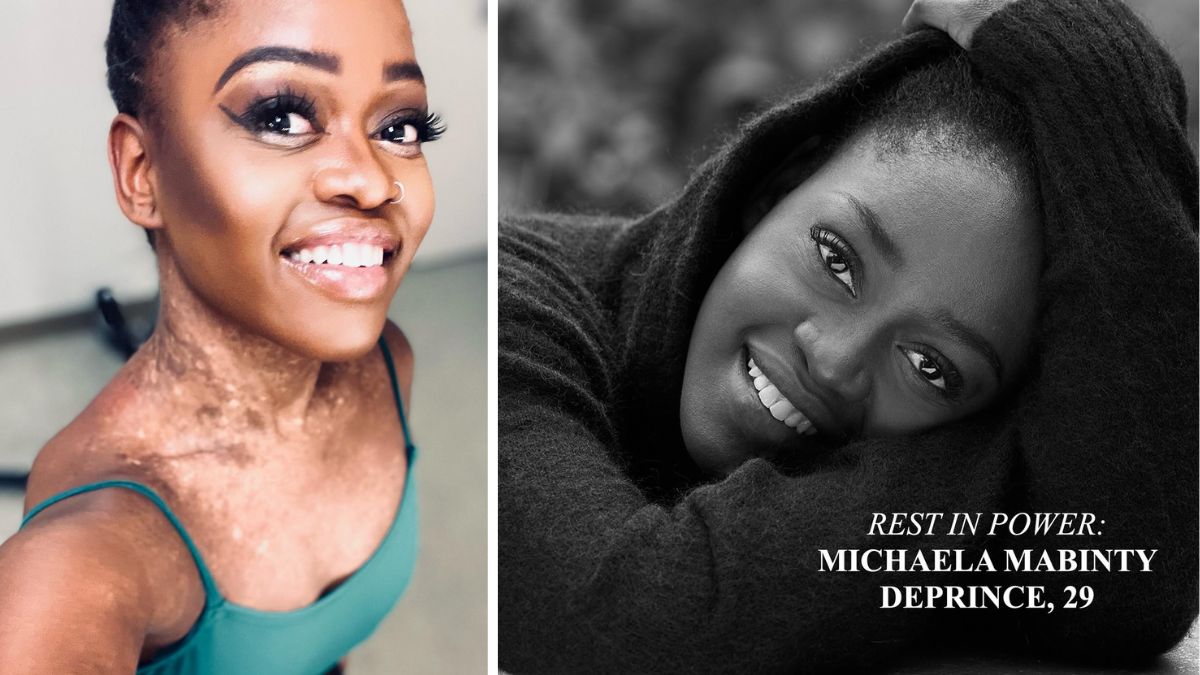
At 17, she gained international recognition thru her look in First Position, a documentary that followed six young dancers preparing for the Youth America Grand Prix. She earned a scholarship to study at the American Ballet Theatre’s Jacqueline Kennedy Onassis School of Ballet. After finishing high school, DePrince joined the Dance Theatre of Harlem, wherein she became the youngest important dancer in its history.
Her first expert overall performance in a full ballet happened in South Africa in 2012. The following year, she joined the Dutch National Ballet’s junior enterprise, similarly solidifying her status within the international ballet community.
Those surprising with ballet may additionally recognize DePrince from her look in Beyoncé’s Lemonade on the age of 21, where she danced in a classical tutu. In 2021, she joined the Boston Ballet as a 2nd soloist, in which she took on a leading role in the ballet film Coppelia.
During her time with the Boston Ballet, DePrince contemplated on how pioneering Black dancers earlier than her, such as Lauren Anderson and Misty Copeland, served as her assets of inspiration within the face of racism and xenophobia.
“I don’t forget myself lucky,” DePrince remarked. “Lauren Anderson, with the Houston Ballet, and Heidi Cruz, with the Pennsylvania Ballet, have been trailblazers I looked as much as once I became younger. There aren’t lots of us; however, my passion lies in seeing more Black and brown dancers thrive—like planting poppies in a sea of daffodils.”
Though her fulfillment as a dancer became unheard of, DePrince never forgot her origins. A devoted humanitarian, she continuously expressed her choice to set up a faculty for dance and the humanities in Sierra Leone.
“That could be a dream come true—I want to apply the proceeds from this book [her memoir Hope in a Ballet Shoe] to make it show up,” she told The Guardian in 2015. “It’ll need to wait till I retire; however, the arts can actually transform a person. Dance allowed me to express my emotions; it connected me to my own family and made me feel special—not like the ‘satan’s baby.’ The children returned in Sierra Leone deserve the identical possibilities I had.”
Throughout her career, DePrince has become a vocal advocate for the inclusion of black dancers in ballet, frequently speaking out on the obvious lack of representation.
“There are nearly no Black dancers inside the ballet global, and it’s something I ought to address,” she said in her interview with The Guardian.
In lieu of flowers, Prince’s own family has asked donations be made to War Child, an enterprise that Michaela deeply supported.
“This cause changed into profoundly vital to her, and your contributions will move towards supporting children who grew up in conflict-torn environments,” they wrote. “Thank you.”
Subscribe For More: Latest Global Insight

